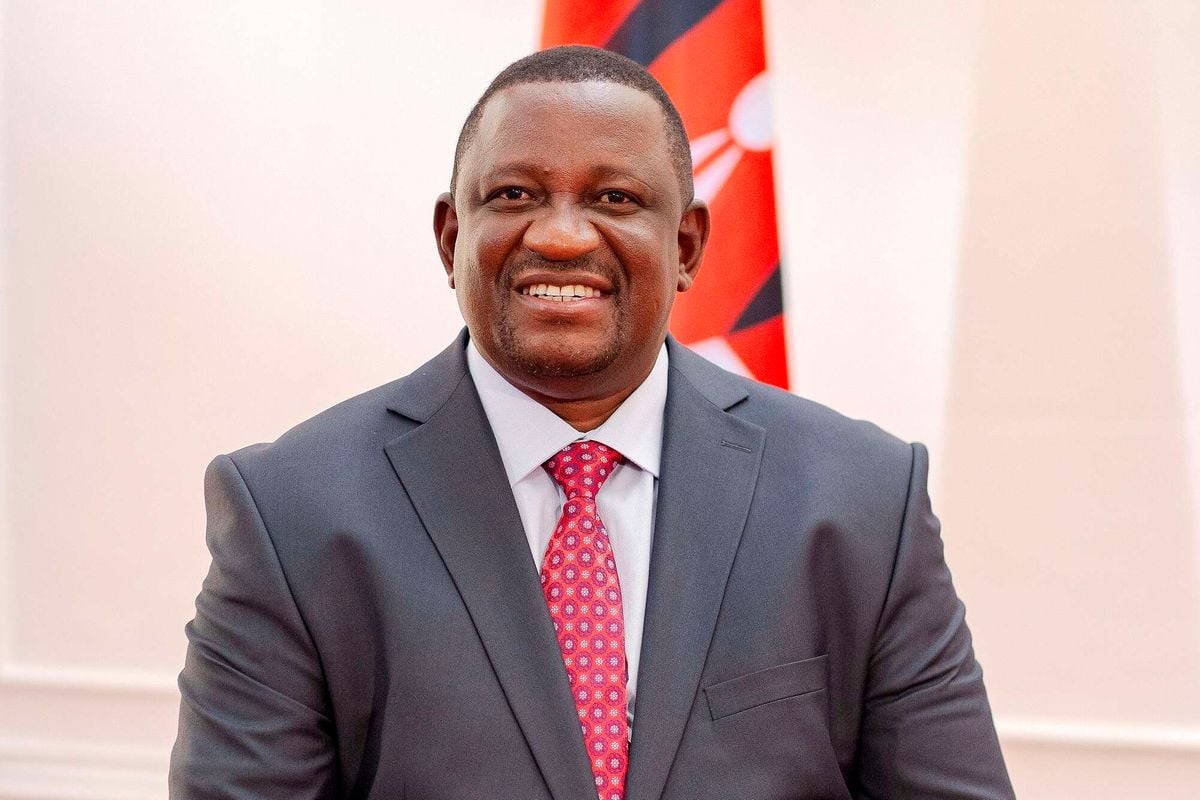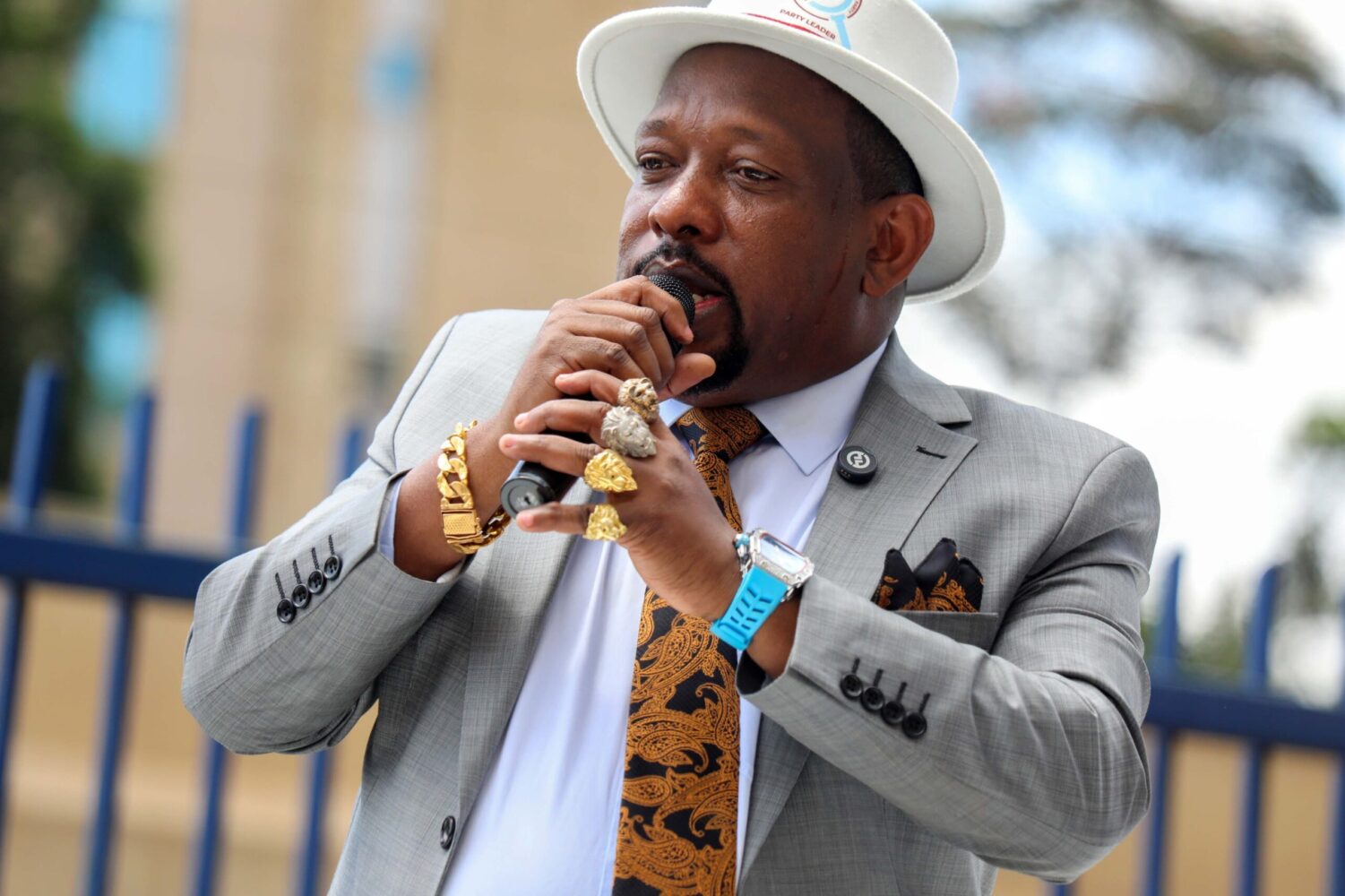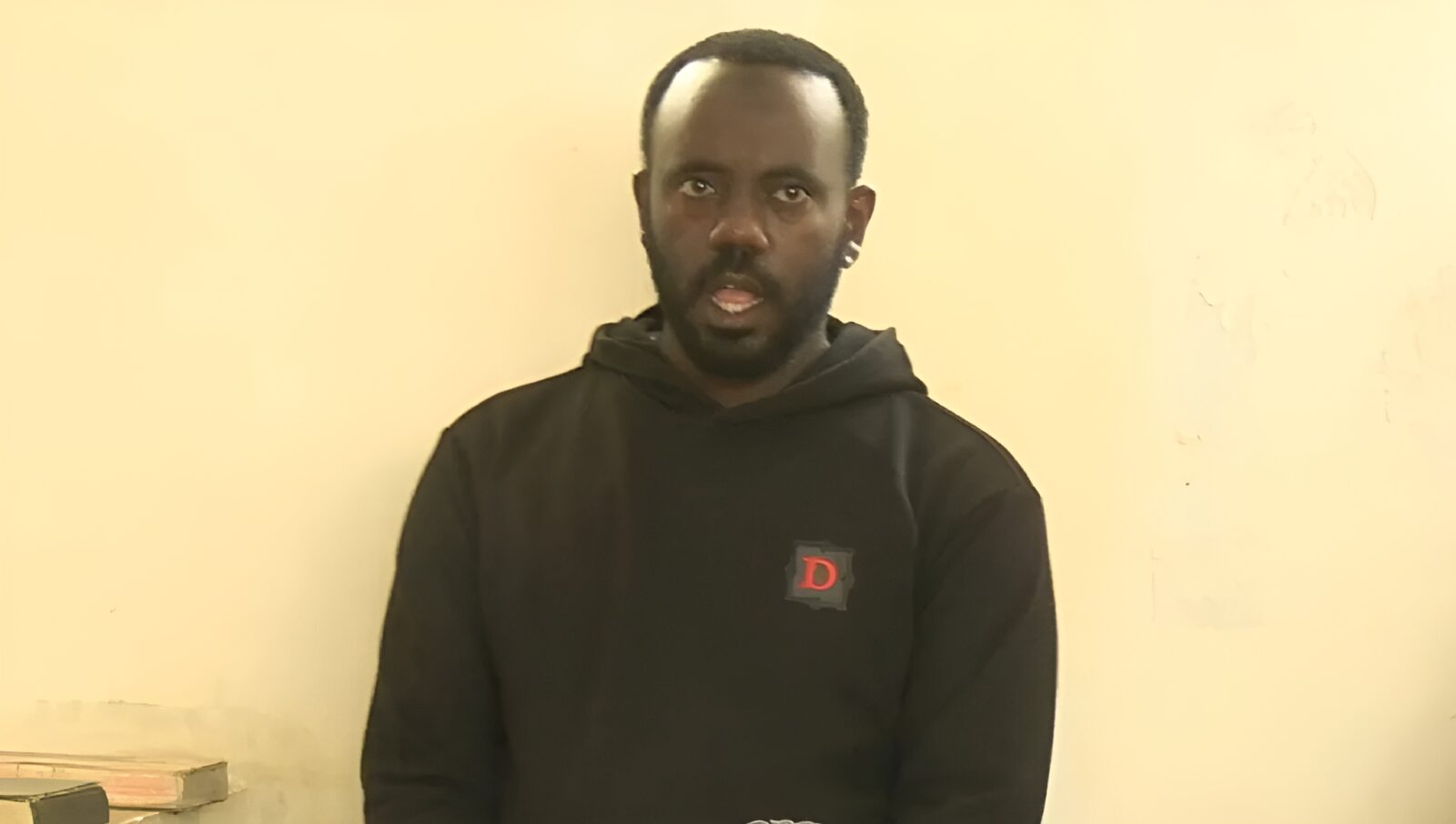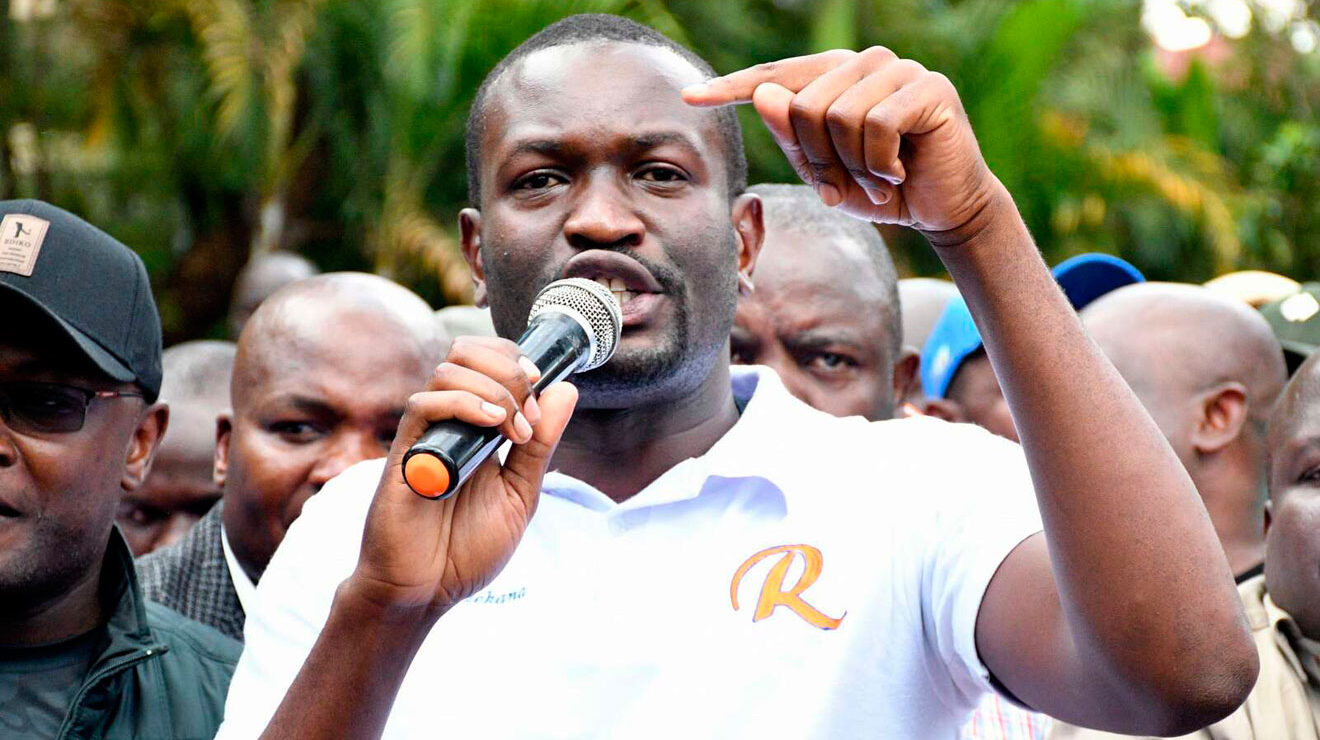Rev. Lucy Natasha, a pastor who’s navigated both pulpit and partnership, has urged women and couples to stop giving time to relationships that show no intention of commitment and to deliberately choose peace over chaos.
In recent interview at Lessons at 30 podcast with Ofweneke, she reminds single women that clarity is not unkind, “Any single lady watching today, may God deliver you from time wasters, people who are just around, not sharing their intentions, and don’t want anyone else to access you,” she said.
She even said that six months is often enough to know whether a man will move toward marriage or continue to string you along.
Her counsel blends spiritual grounding with plain practicality: value your time as you value your soul. Natasha points to clear markers; consistent communication, shared plans for the future, and emotional responsibility, as signs someone is serious.
Where these are missing, she argues, you are not being faithful to your future by remaining stuck in “maybe.” This is not bitter retrenchment but a discipline that protects your dignity and emotional bandwidth.
Practical habits she models include setting boundaries early, asking for clarity when timelines are vague, and refusing to “companion” someone through years of indecision.
Her own long-distance marriage experience with Prophet Stanley Carmel, a Canadian-based preacher, has taught her that intentionality beats proximity; couples who commit to transparent goals and mutual investment create peace even across continents.

Rev. Natasha’s voice is firm but pastoral: ending a season that wastes you isn’t failure; it’s wisdom.
She warns against confusing busyness with progress or staying in a relationship from fear of being alone; instead, she invites individuals to cultivate a life so full of purpose, community, and spiritual depth that a relationship becomes an addition, not a lifeline.
She claims that the best approach to stay away from those who waste time without offering input is to have that inner plenty.
Ultimately, her message is simple and humane: protect your time, insist on clarity, and anchor yourself in practices; prayer, honest conversations, and clear boundaries, that make peace possible.
When you stop tolerating indecision, you free space for relationships that are reciprocal, respectful, and peaceful, the very foundations Rev. Natasha believes God intends for marriage.












